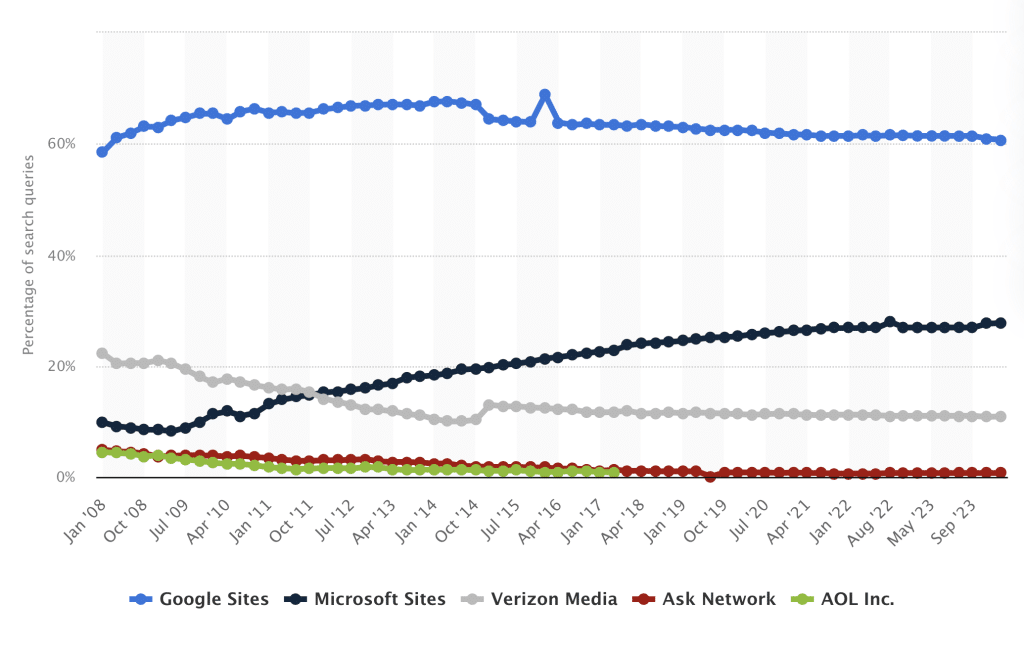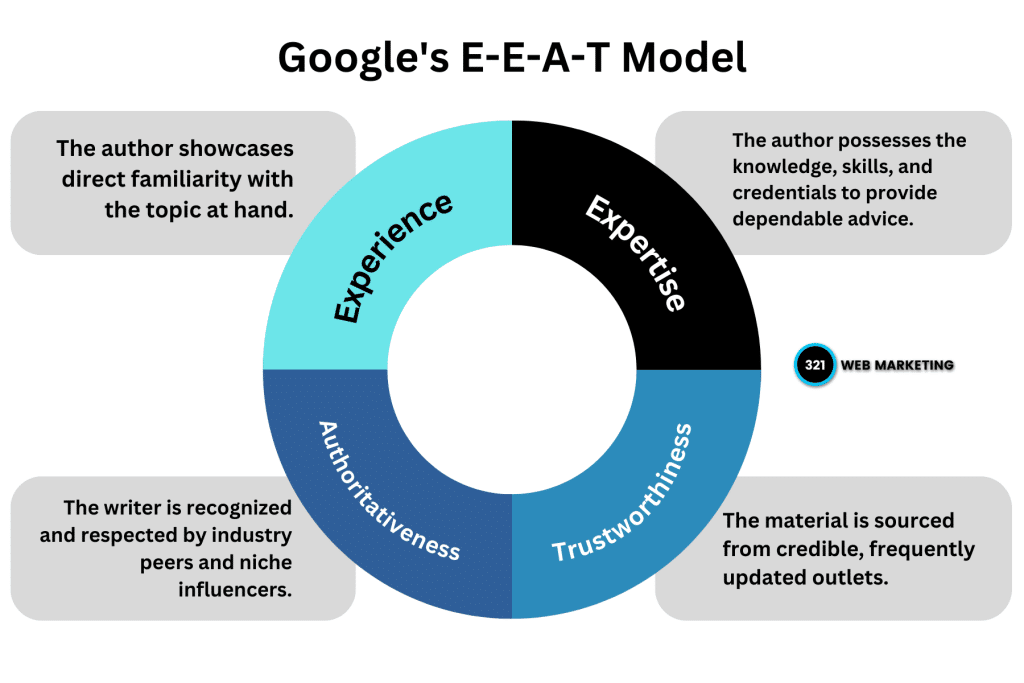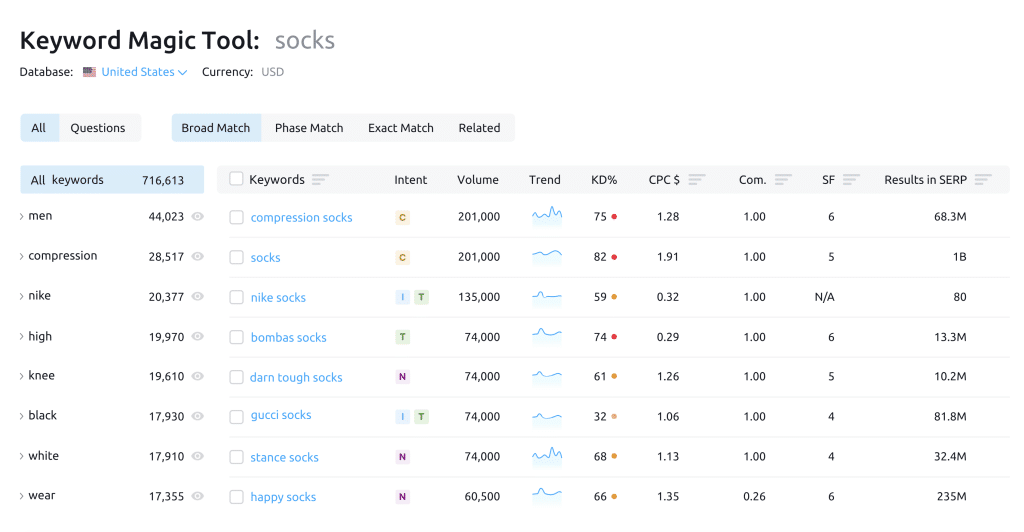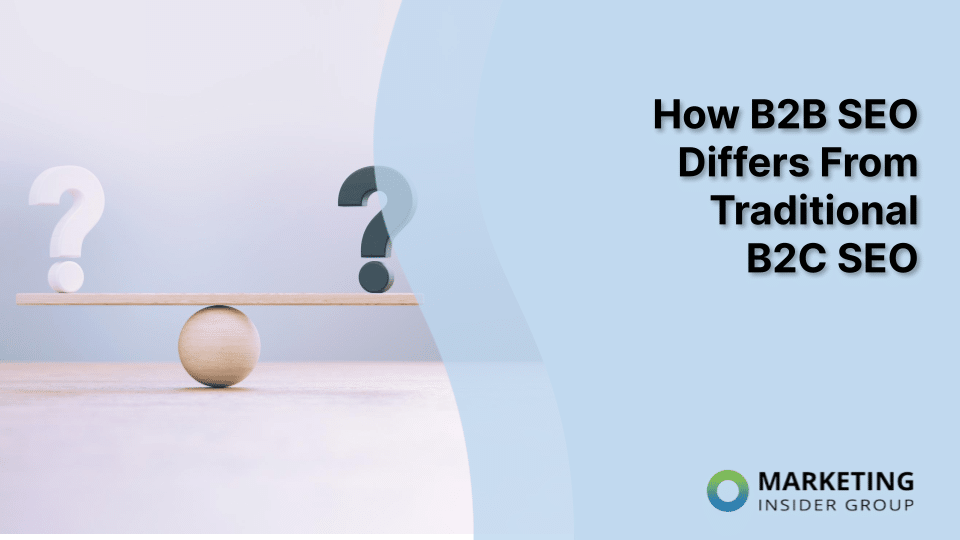
SEO Forecasting: Your Key to Navigating Google’s Evolution
What if I told you we could peek into the future of search trends and user behaviors, almost like having a time machine at our fingertips? No, we don’t have a crystal ball, but who needs one when you’ve got the magic of data and predictive analytics?
In a digital landscape where Google’s algorithms dance to a tune that’s always a beat ahead, staying on top of SEO is like trying to solve a Rubik’s Cube blindfolded. But fear not! With SEO forecasting, you’re about to become the Houdini of digital marketing, unlocking mysteries of future trends and user intentions with ease.
So, buckle up as we dive into the world of SEO forecasting. It’s time to wave goodbye to the days of guesswork and say hello to strategic, data-driven decisions. Not only can it keep you one step ahead of the curve, but also turn your website into a magnet for traffic and engagement.
Quick Takeaways
- SEO forecasting is about proactively navigating and preparing for changes in search engine optimization, rather than just reacting to them.
- Google’s substantial market share in search engines significantly influences how SEO strategies are developed and implemented.
- Google’s algorithms are constantly evolving to prioritize user experience, relevance, and quality, impacting SEO strategies.
- Data analysis is crucial in SEO forecasting, helping to predict changes and tailor strategies to audience preferences and search trends.
Understanding SEO Forecasting
Think of SEO forecasting as your compass in the world of search engine optimization. It’s not about reacting to changes after they happen; it’s about navigating and preparing for them.
Let’s talk numbers for a second. As of November 2023, Google dominated the search engine market in the United States with a whopping 60.7% share. This statistic isn’t just a number; it’s a testament to the colossal influence Google has on how we approach SEO.

Image Source: Statistica
So, what exactly is SEO forecasting? It’s the art (and science) of using data, trends, and analytical tools to predict future changes in SEO. This approach allows businesses to develop strategies that are not just reactive, but proactive.
But why is this important? Well, with Google’s algorithm updates rolling out regularly, what worked yesterday might not work tomorrow. SEO forecasting helps you stay one step ahead. It’s about understanding that SEO isn’t a one-and-done deal; it’s an ongoing game of chess with Google’s algorithms.
The Evolution of Google’s Algorithms
Google’s algorithms are like the weather in London – always changing. In the SEO world, staying updated with these changes is how your website survives. Let’s take a stroll down memory lane and see how Google has kept us on our toes.
One of the most recent updates, the February 2023 Product Reviews Update, shook things up by refining how Google evaluates product reviews. This update, which rolled out globally in multiple languages, aimed to prioritize high-quality, insightful review content over the run-of-the-mill stuff.
But that’s just the tip of the iceberg. Remember BERT from 2019? It was a game-changer, impacting 10% of all search queries. BERT helped Google understand natural language better, making it more adept at grasping the context of search queries. And let’s not forget the infamous Panda and Penguin updates, which targeted low-quality content and spammy link practices, respectively.
These updates underscore a critical point: Google’s algorithms are evolving to prioritize:
- User experience
- Relevance
- Quality
Here’s where Google’s E-E-A-T comes into play. It stands for Experience, Expertise, Authoritativeness, and Trustworthiness.

Image Source: 321 Web Marketing
Google has increasingly emphasized the importance of content quality, not just in terms of factual accuracy, but also in terms of the depth of experience and expertise behind it. This means that the content creators’ credentials and their ability to provide insightful, experienced perspectives are now crucial factors in ranking.
What does this mean for us? It’s simple. The days of keyword stuffing and shady backlinks are long gone. Today, it’s all about creating content that’s genuinely useful, engaging, and, most importantly, user-focused.
The Role of Data in SEO Forecasting
Data is the backbone of any successful SEO strategy. By analyzing data from various sources – like search trends, user behavior, and competitor strategies – we can start to predict how these factors might change. This isn’t about gazing into a crystal ball; it’s about making educated guesses based on solid data.
For instance, if we notice that a particular type of content is consistently ranking well, we can infer that it’s resonating with Google’s algorithms and users. Similarly, by tracking changes in our website’s traffic and rankings after an algorithm update, we can start to understand the impact of those changes and adjust our strategy accordingly.
But it’s not just about understanding Google. It’s about understanding your audience. Ask yourself:
- What are they searching for?
- How are they searching?
- What kind of content do they prefer?
Data gives us insights into these questions, allowing us to tailor our SEO strategies to meet the needs and preferences of our target audience.
Predictive Analysis and SEO
Predictive analysis in SEO is like having a weather forecast for your digital marketing strategy – it helps you prepare and adapt to the upcoming conditions. This approach uses historical data, statistical algorithms, and machine learning techniques to predict future outcomes, which is becoming increasingly crucial in the SEO landscape.
For example, predictive analytics can forecast the potential performance of specific keywords by analyzing their historical performance and current trends. This allows businesses to optimize their SEO strategies proactively, focusing on keywords likely to yield the best results.

Image Source: Semrush
AI further enhances this process by automating repetitive tasks like keyword research and providing quicker, more accurate insights into vast amounts of data than humanly possible.
As these technologies become more advanced, their impact on SEO will only grow. Businesses that embrace predictive analytics and AI in their SEO strategies will likely gain a competitive edge, benefiting from improved efficiency, more effective strategies, and better decision-making.
SEO Forecasting in Action: Practical Steps
Alright, it’s time to roll up our sleeves and dive into the practical steps of SEO forecasting. Here’s a straightforward, actionable guide based on industry best practices to help you navigate and implement effective SEO forecasting strategies.
1. Gather Your Data
First things first, you need data – and lots of it. This includes historical data on your website’s:
- Traffic
- Rankings
- Backlinks
- Keyword performance
- Any other SEO-related metrics
Tools like Google Analytics and SEMrush can be your best friends here. Remember, the more data you have, the better your predictions will be.
Video Source: Google Analytics
2. Analyze Trends and Patterns
Next up, it’s time to play detective. Look for patterns and trends in your data. Are certain types of content consistently performing well? Are there noticeable dips or spikes in traffic around specific times? This step is all about connecting the dots to understand how different factors are influencing your SEO performance.
3. Use Predictive Analytics Tools
Now, let’s bring in the big guns – predictive analytics tools. These tools can help you forecast future trends based on your data. They can predict how changes in SEO strategies, like targeting different keywords or altering content, might impact your site’s performance.
4. Test and Adapt
SEO is not a set-it-and-forget-it kind of deal. It’s a continuous cycle of testing, learning, and adapting. Implement the insights you’ve gained from your forecasting, then closely monitor how these changes affect your SEO performance. Be ready to tweak your strategies based on real-time results.
5. Keep an Eye on Google’s Updates
Google loves to keep us on our toes with regular algorithm updates. Stay informed about these changes, as they can significantly impact your SEO strategies. Tools like Google’s Search Console can help you stay updated and adjust your tactics accordingly.
6. Rinse and Repeat
Finally, SEO forecasting is an ongoing process. Regularly revisit your data, update your forecasts, and adjust your strategies. The digital landscape is always changing, and staying agile is key to SEO success.
Master the Future of Marketing with SEO Forecasting Today
SEO forecasting is an essential strategy, not just for reacting to changes, but for anticipating and preparing for them. With Google’s ever-evolving algorithms and the significant role of data in shaping SEO tactics, understanding and implementing SEO forecasting becomes crucial.
By leveraging predictive analysis and AI, businesses can stay ahead of the curve, optimizing their strategies to align with both Google’s updates and user preferences. This proactive approach in SEO is not just about adapting to changes; it’s about foreseeing them and strategically positioning oneself in the landscape of digital marketing.
Ready to master the future of marketing with SEO forecasting? Check out our SEO Blog Writing Service or schedule a quick consultation to learn more about how Marketing Insider Group can help you earn more leads for your business.






